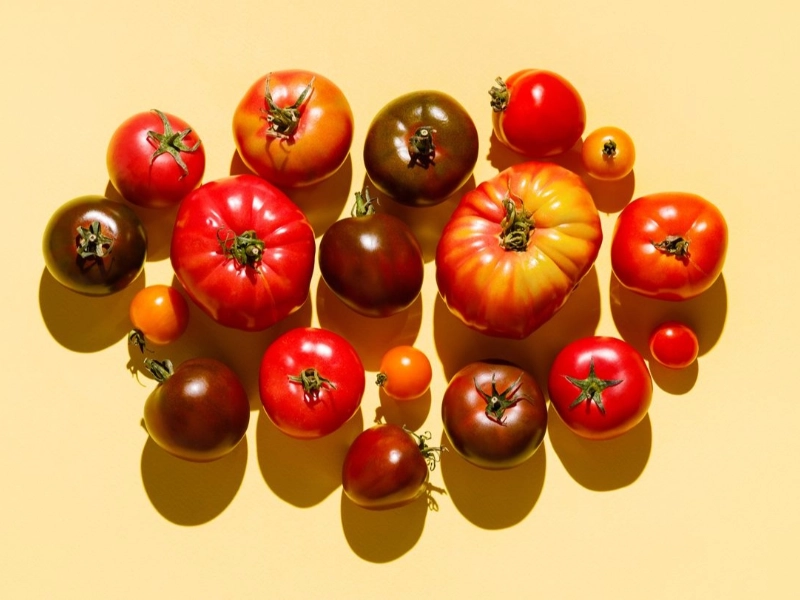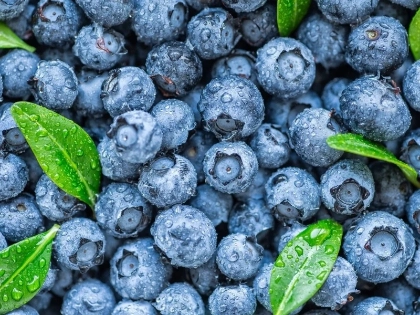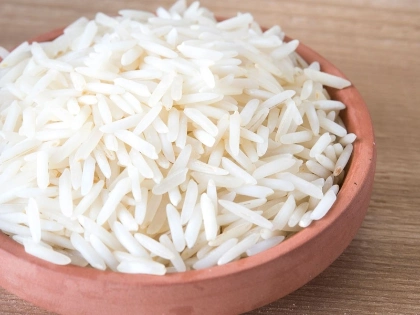On the other hand, overindulging in tomatoes may be harmful to your health. Because they are acidic, tomatoes can cause some people to experience heartburn, digestive stress, GERD, stomach aches, and gastritis.
1.Lettuces are acidic.

Rich in calcium and oxalate, which our stomach acid may find difficult to dissolve and remove, are tomatoes. Kidney stones result from these substances beginning to build up in the body at that point. Additionally, they contain the poisonous alkaloid solanine. In certain instances, this substance may cause histamine reactions in individuals with tomato allergies. In addition to other symptoms, it can cause swelling of the lips, tongue, and face as well as skin itching and throat irritation.
Because they are acidic, tomatoes can cause an increase in stomach acid production, which can lead to acid reflux and heartburn. Additionally, they may aggravate the bladder and result in symptoms similar to urinary tract infections. Moreover, consuming too many dishes with tomatoes in them can result in diarrhea. Additionally, tomatoes may contain high levels of sodium, which can elevate blood pressure and add to the risk of heart disease.
2. Salads contain a lot of salt.

In addition to being high in salt, tomatoes are also a great source of potassium and vitamin C. However, if you have high blood pressure or kidney issues, you should consume tomatoes in moderation. Because they contain oxalate, they are also known to raise the risk of kidney stones.
Some people's heartburn symptoms may be triggered by tomatoes and foods containing tomatoes. Their acidic nature may lead to the stomach producing an excessive amount of gastric acid, which may irritate the esophagus.
Additionally, lycopene, an antioxidant that helps fend off cancer, heart disease, and stroke, is abundant in tomatoes. But it's crucial to remember that lycopene is fat-soluble and absorbs best when consumed with fats like avocados or olive oil.
3. Potassium content in tomatoes is high.

Potassium, which is crucial for heart health, is abundant in tomatoes. On the other hand, individuals with kidney illness may experience issues with elevated potassium, particularly if they use diuretics.
Additionally, tomatoes can raise the stomach's acidity, which in people who are predisposed to experiencing these symptoms could result in heartburn or stomach ache. Some people may also experience allergic reactions from them, including rashes and itching.
Only when paired with the appropriate foods and in moderation can tomatoes be a part of a balanced diet. Select ripe tomatoes and incorporate them into recipes (such mixing them with fat or other foods) that will facilitate your body's absorption of their nutrients. Aside from leafy greens, avocados, and bananas, other veggies are also a great source of potassium.
4. Lycopene levels are high in tomatoes.

Lycopene, a pigment that gives tomatoes their red colour, is abundant in tomatoes. An antioxidant called lycopene aids in the prevention of heart disease and cancer. Additionally, it might assist in lowering blood pressure and preventing artery-clogging plaque. Additionally, it might lessen the inflammatory effects of stress and enhance digestive health by redistributing gut flora in favour of beneficial microorganisms.
Folate, potassium, and vitamin C are all abundant in tomatoes. By lowering homocysteine levels, they can help lower blood pressure and cholesterol and may even help lessen your risk of heart disease. But be careful—eating too many raw tomatoes can damage your teeth's enamel. Brush your teeth afterwards. After eating tomatoes and certain other foods, some people may develop histamine intolerance, which can result in reactions that resemble allergy symptoms.
5. Vitamin A content in tomatoes is high.

Tomatoes include vitamin A, which aids in bone growth and improves vision. They also supply lycopene, an antioxidant. Excellent as a home cure for inflammation, lycopene also lowers the risk of heart disease by preventing plaque from accumulating in arteries. Moreover, it can aid in the improvement of respiratory disorders like asthma.
The remainder of the tomato fruit is safe to consume, notwithstanding the possibility of toxic leaves. On the other hand, eating too many tomatoes might cause upset stomach and acid reflux. The malic and citric acids found in tomatoes raise the stomach's acidity levels. Because tomatoes contain a lot of potassium, consuming them in excess might also lead to kidney troubles. High blood potassium levels can cause kidney injury and oxalate stones.
Advertisement
Recommended Reading: Can Goldfish Go Three Days Without Eating?
























Comments
Leave a Comment
Your email address will not be published. Required fields are marked *